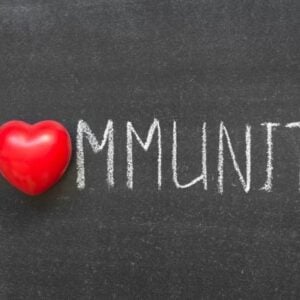Armed conflicts around the world are increasingly targeting the very systems meant to protect civilians, with health workers, hospitals, ambulances, and humanitarian aid staff facing unprecedented levels of violence. Attacks on healthcare facilities doubled between 2023 and 2024, while more than 900 health workers were killed last year. Humanitarian aid workers also faced record fatalities in 2024, and early data from 2025 suggests an even grimmer outlook. These assaults are unfolding at a time when humanitarian funding is shrinking, leaving lifesaving services critically strained.
In Gaza, maternity wards and clinics have come under direct fire, forcing midwives to deliver babies in hallways and under mobile phone lights amid power shortages. Since October 2023, the World Health Organization has documented over 720 attacks on healthcare in Gaza, with more than 1,580 health workers killed. Among them was Ayda, a midwife who continued supporting mothers despite losing her own family, before being killed in an airstrike. Sudan’s health system has also been devastated, with 80 percent of facilities in conflict zones no longer operational. Hospitals have been destroyed, and midwives risk their lives daily to care for women and survivors of sexual violence.
Haiti faces a spiraling crisis as gangs deliberately target clinics and hospitals, destroying major facilities and forcing closures. Attacks have severely weakened the country’s fragile health system, leaving an estimated 1.2 million women and girls at risk of gender-based violence with few safe spaces remaining. In Ukraine, constant bombardments have forced pregnant women to travel long distances for maternal care, while health facilities are regularly struck. Aid workers delivering psychosocial support also face risks on the frontlines, with the stress of constant violence taking a heavy toll.
In the Democratic Republic of the Congo, hospitals and clinics have been bombed or looted, leaving only a fraction operational. Mobile health clinics supported by UNFPA often serve as the sole option for displaced and vulnerable women. Even these mobile units, however, have been attacked, looted, or forced to suspend operations as fighting intensifies and camps for displaced people come under fire.
Despite the dangers, health and humanitarian workers continue to deliver essential care and protection services, often at great personal risk. On World Humanitarian Day, UNFPA called on global leaders to end impunity, protect frontline workers, and uphold healthcare as a fundamental human right even in times of war. Their courage highlights the urgent need for international action to safeguard those who risk their lives to save others.







